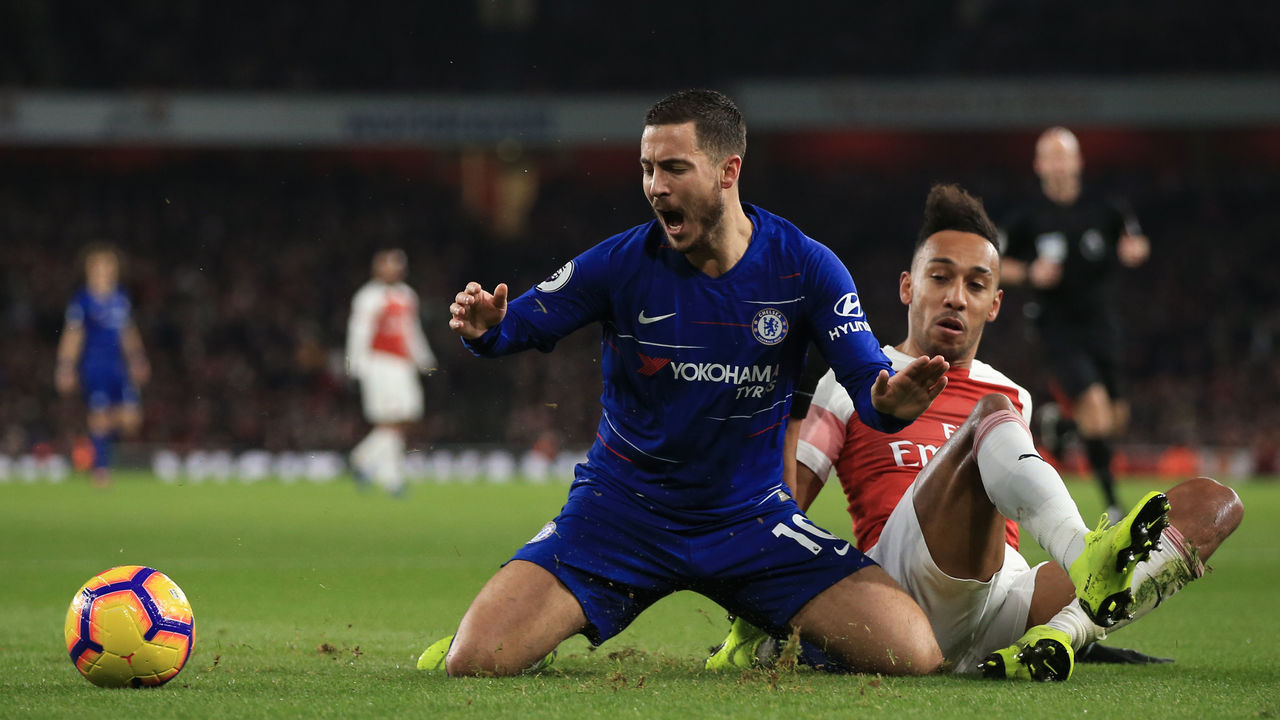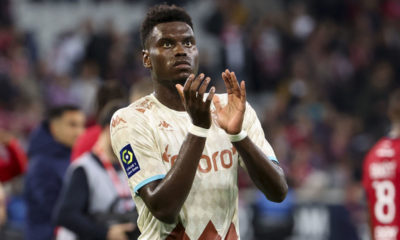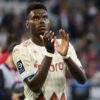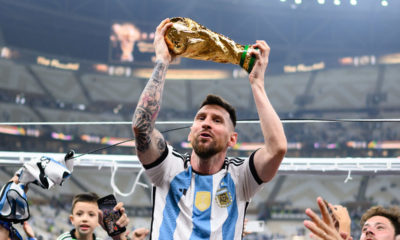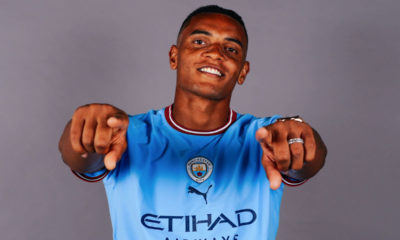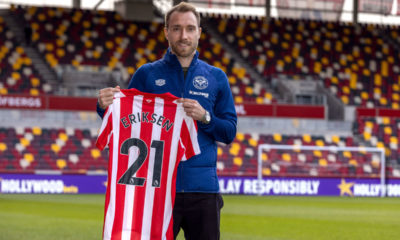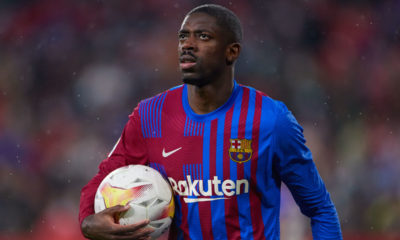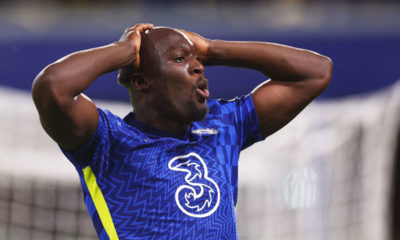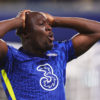Europa League
6 factors that will determine who wins the Europa League final
Before Liverpool and Tottenham vie for club football’s most lionized prize in Madrid, England’s fresh continental dominance sees London rivals Chelsea and Arsenal clash in the Europa League final in cozy Azerbaijan.
There’s been no shortage of storylines. The final in Baku has been a logistical nightmare for traveling fans who’ve somehow managed to secure their slice of the severely limited ticket allocation. Add that to that the dearth of diplomatic relations between Azerbaijan and Armenia due to the longstanding conflict over the disputed Nagorno-Karabakh region that’s sparked safety fears for Arsenal’s Henrikh Mkhitaryan, and it’s easy to forget that a football match will be played.
Following a one-year foray in Europe’s “other tournament,” Chelsea have already secured their return to the Champions League by virtue of a third-place domestic finish. For fifth-place Arsenal, conquest in the Europa League will not only mark a return to the continent’s marquee contest, but also the end of a 25-year wait for European silverware.
Here’s a look at six things that could determine who wins the 2018-19 Europa League final on May 29.
The inevitability of Eden Hazard
In what is likely Eden Hazard’s final match in a Chelsea strip, a question remains: Has the skilled Belgian had a singularly memorable moment that defines his seven-year stay in the English capital? Not really, but the Europa League final has the makings of a suitable stage.

That said, Hazard hasn’t exactly been lethal versus Arsenal in the past, with just five goals in 18 meetings. It’s also tough to glean too much from this particular term in Europe, as Hazard has started just three matches to go with four substitute appearances for a total of 362 minutes played.
Arsenal’s dynamic duo
Gunners strike partners Pierre-Emerick Aubameyang and Alexandre Lacazette have been irrepressible this year, both domestically and on the continent. Aubameyang is second in the competition on eight goals with Lacazette joint-third on five. The pair combined for 10 of Arsenal’s 14 group-stage tallies and each of the last seven.

Lacazette bagged a trademark elegant effort in a 2-0 victory over Chelsea at the Emirates in January, while neither striker scored in the frenetic 3-2 loss on Matchday 2 at Chelsea when Emery opted for a 4-2-3-1 that forced the Frenchman to the bench. With Antonio Rudiger injured, David Luiz will play alongside Andreas Christensen in an attempt to stop Arsenal’s fearsome tandem.
Demand for deputies
Callum Hudson-Odoi and Ruben Loftus-Cheek were two of Sarri’s steadiest contributors in the Europa League with eight goals and five assists between them, but both will miss the final with Achilles tears. Now that N’Golo Kante is also likely to sit out through injury, all eyes are on Ross Barkley and Mateo Kovacic, who will likely form a three-man midfield with Jorginho.

Neither Barkley nor Kovacic has been particularly inspiring this year, though the former has been better in contributing to attacks than his goalless colleague. Barkley’s profile, namely the unmarked, darting runs into the penalty area, is also closer to Loftus-Cheek’s. This and a decision between Emerson and Marcos Alonso at left-back are Sarri’s only substantive squad worries.
Inevitable errors
Whether or not defensive delinquent Shkodran Mustafi’s name is included in Emery’s starting XI, Arsenal are shockingly prone to errors. For recent evidence, look no further than the German World Cup winner’s boneheaded gaffe that gifted Palace’s Willy Zaha a goal to end the Gunners’ 10-match unbeaten run at the Emirates and dent their top-four hopes.

Both Arsenal and Chelsea have largely been orderly on the continent, in part because of the caliber of sides they’re facing, but a look at Premier League returns reveals an eye-catching cleavage in the balance of blunders. Arsenal’s 13 errors leading to goals was the worst return in England’s top flight, while Chelsea were third tidiest with a scant three.
Jorginho’s input
Besides Sarri, the most divisive subject this season at Stamford Bridge has been the teacher’s pet, Jorginho. Sarri arrived in England with his former Napoli pupil in tow, and at first glance, it was a gratuitous addition. Kante, widely regarded as one of football’s best defensive midfielders, was suddenly playing out of position to accommodate the Italy international.

Chelsea’s success against Arsenal may be bound to Jorginho’s performance. The Azzurri man wasn’t particularly convincing in either match against the Gunners, the latter of which saw Aaron Ramsey smother the midfielder from a deeper position. It’s unlikely that Granit Xhaka can do the same job, and that could be a problem against a player who benefits from space and volume.
Ozil’s impact
With Ramsey busy shopping for a palatial Piedmont estate in the foothills of Turin, Mesut Ozil is certain to play a central creative role barring a late brush with illness. Mkhitaryan’s absence in Azerbaijan for safety reasons makes the German’s performance that much more important.

Both the 3-4-1-2 and 4-2-3-1 formations feature slightly different machinations yet a similar reliance on the slick-passing playmaker’s contributions. Should a back-three that emphasizes wide attacks from wingbacks Sead Kolasinac and Ainsley Maitland-Niles be employed, Ozil will find comfort in a No. 10 role that allows him the freedom to roam like in the 2-0 quarterfinal win over Napoli.


